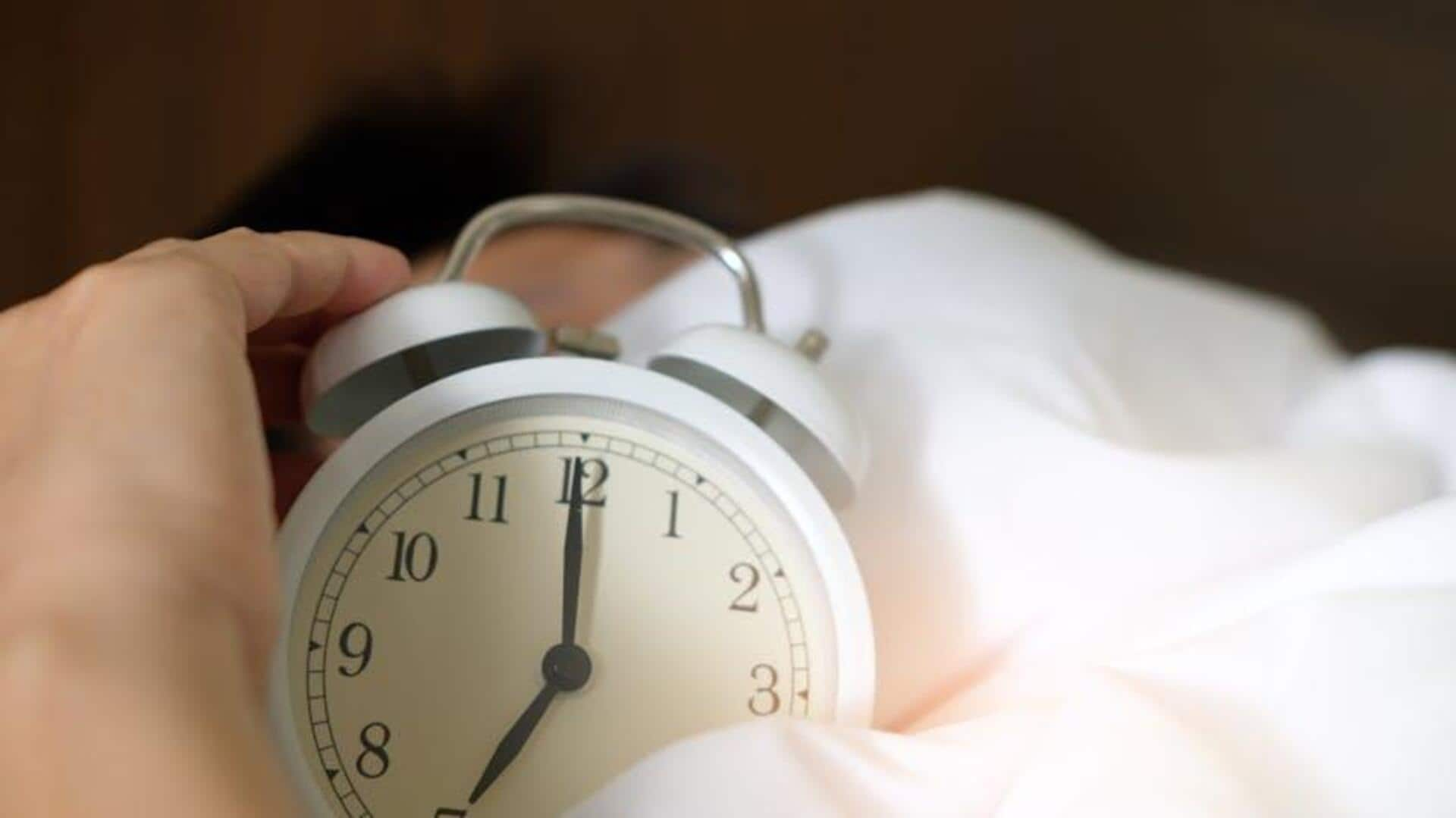
Sleep and lifespan: Myth v/s facts
What's the story
For years, the notion that sleeping too much can shave off your years has been debated. While sleep is critical to health, myths about its duration remain. In this article, we'll delve into the connection between sleep and lifespan, debunking common myths and basing our insights on scientific findings. Knowing these can help you make educated decisions about your sleep routine, not fall for baseless claims.
#1
The role of sleep in health
Sleep is essential for good health. It facilitates cognitive function, emotional stability, and physical health by giving the body a chance to heal. Enough sleep is associated with a sharper memory, better mood, and a stronger immune system. Although too much sleep could indicate the presence of certain health conditions, it does not directly shorten lifespan. Rather, issues could cause longer sleep.
#2
Understanding sleep duration variability
Sleep requirements differ from person to person owing to age, lifestyle, and genetics. Generally, adults need seven to nine hours a night to function at their best. However, certain individuals naturally require more or less sleep, without compromising their health or longevity. That being said, it's worth noting that everyone is different, and there's no universal rule when it comes to figuring out ideal sleep duration.
#3
Investigating correlations with health conditions
Research suggests that sleeping too much may be linked to other medical conditions such as depression or chronic diseases, rather than being the cause. These conditions may lead people to spend more time in bed (part of their symptoms or treatment). Hence, tackling underlying health conditions may better regulate sleeping patterns instead of attributing changes to simply resting more.
Tip 1
Tips for healthy sleep habits
To promote healthy sleep habits, it's important to follow a consistent bedtime routine. This means going to bed and getting up at the same time every night and morning, even on weekends. Such regularity helps regulate your body's internal clock, improving the quality of your sleep. This routine not only helps you sleep faster but also wake up more refreshed, greatly benefiting your well-being and health.